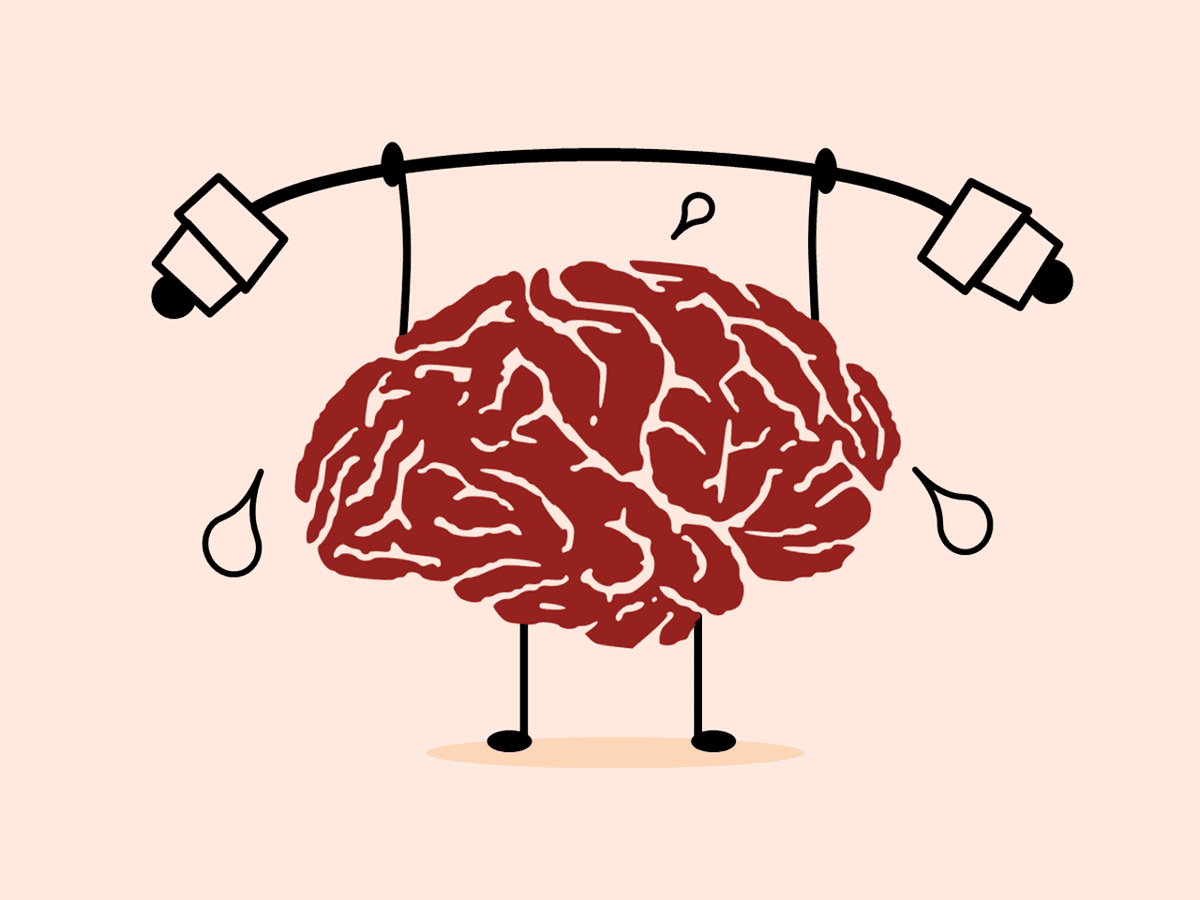Detailed Guide to Inpatient Mental Health Services Programs
Detailed Guide to Inpatient Mental Health Services Programs
Blog Article
Comprehensive Inpatient Mental Health And Wellness Providers for Effective Treatment
Inpatient mental health and wellness services represent an essential component of the healthcare system, giving a intensive and structured setting for people experiencing serious psychological distress. Exploring the subtleties of this continuum discloses considerable ramifications for both individual recovery and more comprehensive psychological health outcomes.
Comprehending Inpatient Mental Health Services
Inpatient psychological wellness services provide essential assistance for individuals experiencing extreme emotional distress that can not be handled effectively in an outpatient setup. These services are designed to use an intensive degree of care in a structured atmosphere, frequently within a medical facility or specialized facility. Clients confessed to inpatient programs normally display intense symptoms, such as self-destructive ideation, severe clinical depression, or psychosis, requiring round-the-clock surveillance and intervention.
The admission procedure usually entails an extensive analysis by mental health and wellness professionals, who review the individual's psychological state, history, and instant demands. When confessed, patients involve in a selection of restorative modalities tailored to their details requirements, consisting of drug management, private treatment, and group sessions. This all natural method intends to stabilize the client's problem, advertise safety, and foster coping skills.
Inpatient mental wellness solutions not just address immediate health worries yet also work as a bridge to continuous treatment. By giving a regulated setting, these services help with the advancement of therapy strategies that can be proceeded in outpatient setups, thus guaranteeing a continuum of care and enhancing long-lasting outcomes for people with complex mental health and wellness demands.
Trick Components of Effective Therapy
Reliable therapy in inpatient psychological wellness solutions consists of numerous vital parts that cultivate healing and stabilization. Most importantly, a thorough analysis is vital to recognize the person's details demands and obstacles. This evaluation informs the development of a customized treatment strategy, which offers as a roadmap for intervention.
Another critical part is the multidisciplinary group method. Collaboration among psychoanalysts, psycho therapists, registered nurses, and social workers ensures that numerous viewpoints contribute to the patient's treatment, improving the effectiveness of therapy. Evidence-based healing methods, such as cognitive-behavioral therapy (CBT) and dialectical behavior therapy (DBT), are also indispensable, offering structured strategies that deal with maladaptive idea patterns and behavior issues.

Last but not least, an emphasis on aftercare planning is crucial to ensure a smooth transition to outpatient solutions, lessening the danger of relapse and advertising lasting wellness. These collective parts produce an effective therapy structure within inpatient mental wellness services.
Advantages of Comprehensive Care

Comprehensive care in inpatient psychological wellness services provides many benefits that substantially boost patient outcomes. One of the main benefits is the all natural approach to treatment, attending to not just the mental signs and symptoms yet also the physical, social, and emotional needs of clients. This detailed assessment enables tailored interventions that promote general wellness.
One more advantage is the assimilation of multidisciplinary groups, which cultivates cooperation amongst medical care specialists. This joint setting makes sure that patients receive worked with treatment, lowering the threat of fragmented therapy and boosting interaction amongst caregivers. Comprehensive treatment assists in continuity of services, permitting for smooth shifts from inpatient to outpatient settings, which is crucial for lasting recuperation.

Last but not least, the organized environment of extensive inpatient care offers a safe space for patients to participate in healing tasks, assisting them establish coping strategies and durability. Collectively, these benefits contribute to more reliable therapy and enhanced lifestyle for people experiencing psychological health and wellness crises.
Evidence-Based Therapeutic Strategies
In the world of mental health therapy, evidence-based restorative methods play an important role in making certain that individuals get effective and medically supported treatments. These techniques integrate the very best offered research study with clinical expertise and person values, cultivating a tailored therapy experience that attends to individual requirements.
Cognitive Behavior Therapy (CBT) is one of the most extensively acknowledged evidence-based methods, concentrating on recognizing and changing unfavorable idea patterns and actions. This structured method has actually demonstrated efficacy in treating problems such as clinical depression, anxiety, and PTSD. In A Similar Way, Dialectical Behavior Modification (DBT) is particularly efficient for people with borderline character condition, stressing the growth of psychological law and social performance abilities.
Furthermore, medicine administration is typically an important element of evidence-based treatment, as psychotropic medications can reduce symptoms and improve total performance. Collective care models, which entail multidisciplinary groups, additionally improve the efficacy of inpatient services by making certain detailed examinations and constant monitoring.
Inevitably, the assimilation of evidence-based restorative methods not just promotes positive professional results but additionally equips clients, cultivating a feeling of agency and strength in their mental health trips.
Transitioning to Outpatient Support
The change from inpatient mental health solutions to outpatient support notes a vital stage mental health services in an individual's recovery trip. This period calls for careful preparation and coordination to make certain continuity of treatment and to reduce the threats of relapse or situation. Effective discharge preparation should start early in the inpatient stay, involving a multidisciplinary team that consists of psychiatrists, psychologists, nurses, and social employees.
Crucial element of a successful shift consist of the development of a thorough aftercare plan tailored to the individual's details requirements. This strategy should detail follow-up consultations, medication administration, and healing interventions, in addition to recognize community resources and assistance groups that can promote ongoing healing.
In addition, client and household education and learning is essential during this phase. Comprehending the indicators of possible setbacks and the significance of sticking to therapy can encourage patients and their support group.
Routine follow-up and reassessment of the outpatient strategy are crucial to address developing difficulties. By promoting a collective partnership in between outpatient and inpatient providers, the possibility of sustained recuperation increases, eventually boosting the person's lifestyle and minimizing the risk of readmission.

Final Thought
In recap, extensive inpatient psychological wellness services use an essential framework for attending to extreme psychological distress with a multidisciplinary strategy. By integrating evidence-based therapies, promoting an organized setting, and promoting family involvement, these solutions boost therapy effectiveness. The emphasis on stability and the advancement of dealing abilities not just help in prompt recovery but likewise assists in a smoother change to outpatient treatment. Inevitably, such comprehensive care is vital for lasting psychological health and health.
The admission procedure generally includes a detailed evaluation by mental health specialists, that examine the individual's mental state, background, and prompt requirements.Reliable therapy in inpatient psychological health and wellness services consists of numerous crucial elements that foster recuperation and stablizing.Extensive care in inpatient psychological health and wellness services supplies many benefits that significantly boost individual results.The transition from inpatient psychological health and wellness services to outpatient assistance marks a critical stage in a client's recovery trip.In summary, thorough inpatient mental health solutions offer a crucial structure for addressing extreme psychological distress through a multidisciplinary strategy.
Report this page